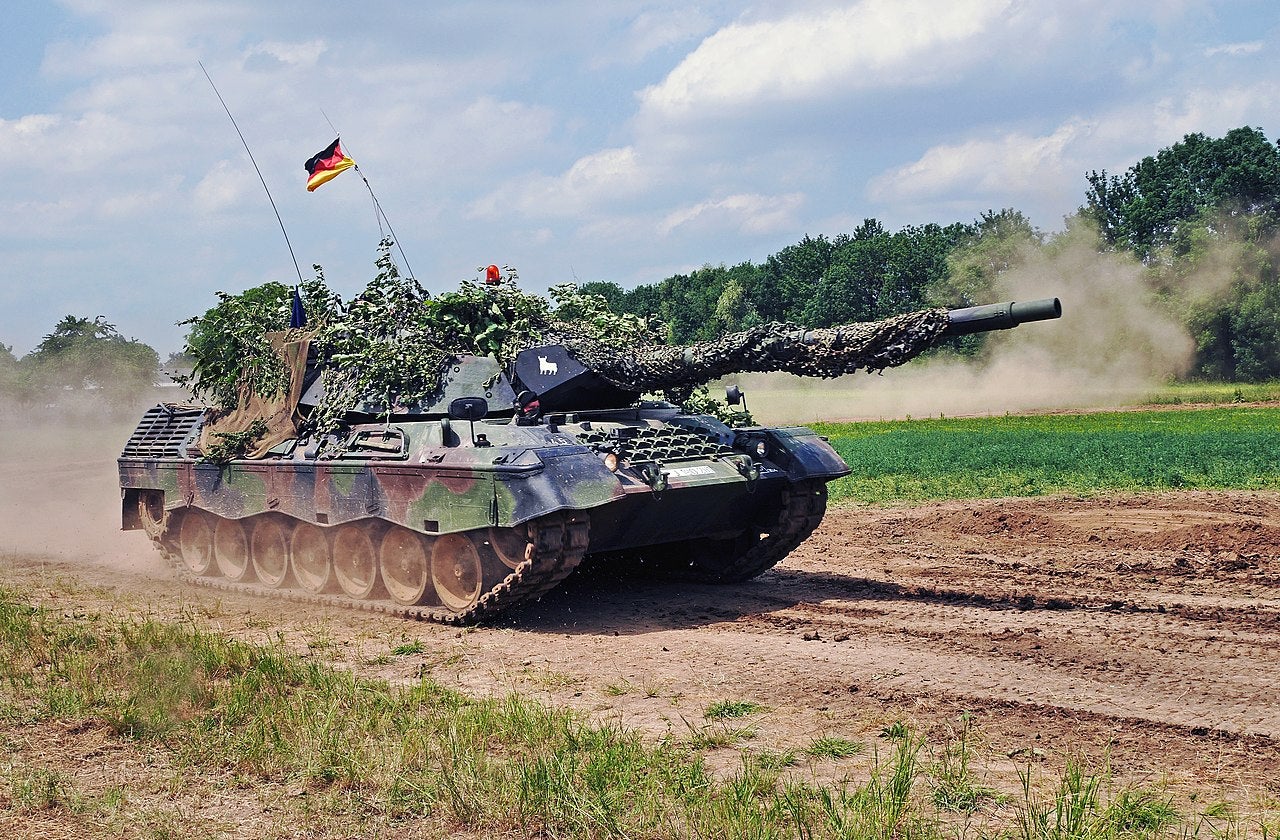
German and Polish Defence ministers announced on 18 March that the two countries will take the lead on an Armoured Capability Coalition for Ukraine.
The ‘tank coalition’ has already seen the UK, Sweden and Italy apply to participate, according to Władysław Kosiniak-Kamysz, Polish Deputy Prime Minister and Minister of National Defence.
“This will be one of the most important coalitions to have been created,” said Kosiniak-Kamysz. “This is the first such tangible initiative. This is a structure that will be built and get Ukraine closer to Nato.”
Since the beginning of the war, various capability coalition groups have formed to supply Ukraine with a range of military technologies to assist the country in its defence against the illegal invasion from Russia.
Notable amongst them so far has been the F-16 coalition that is training Ukrainian pilots and supplying the multirole fighter aircraft. Another example is the Capability Coalition for Integrated Air and Missile Defence, which met for the first time in December with France and Germany in joint lead of the coalition.
The ‘tank coalition’ announcement comes three months before the two countries assume responsibility for EU’s Rapid Response Forces in Europe, with each readying 2,500 troops for swift deployment and reaction.
The announcement did not include specific details of the activities of the Armoured Capability Coalition, but Kosiniak-Kamysz underlined his thanks to German Defence Minster Boris Pistorius for his contribution to the Nato Ukraine Training and Education Centre.
So far, Germany has delivered numerous armoured combat vehicles to Ukraine, both from Bundeswehr stocks and from industry. Total German material contributions from its own stocks have amounted to €5.2bn ($5.6bn). On 19 March, at a meeting of the Ukraine Contact Group, Germany committed to the delivery 100 protected infantry fighting vehicles and 100 other transport vehicles.
The recent Ukraine Contact Group also so Germany commit a further 10,000 rounds of ammunition from German stocks, and to finance and another 100,000 artillery shells for Ukraine, and to cover the costs of 180,000 rounds from the Czech initiative.




